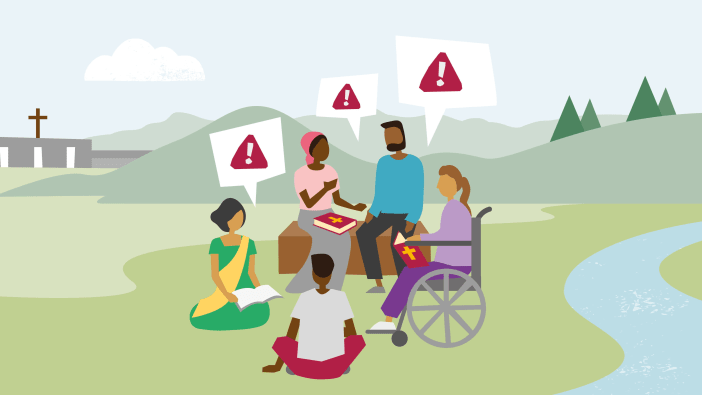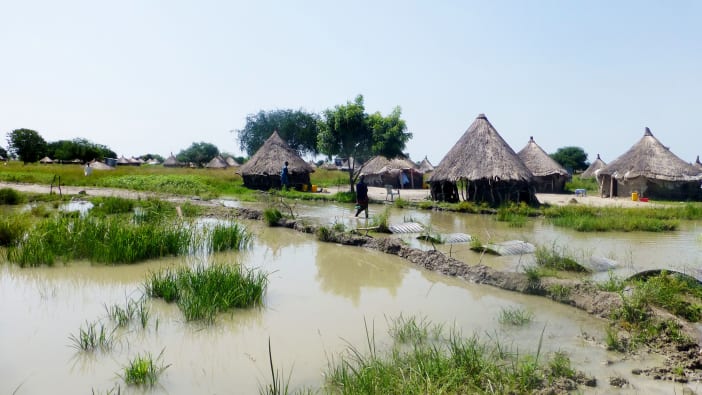by Vinay Samuel, Ian Davis and Mike Wall.
A great famine in an African country some years ago resulted in many people dying. Some said that it was a judgement of God upon this country because the government persecuted the church. In Ezekiel 14:12-20 we have a very clear example of disaster seen as a judgement from God. Are earthquakes, floods and famines a judgement of God? Unless God has revealed himself in a prophetic way we do not know whether they are God’s judgement or not. We should be careful of saying any disaster is a judgement. Even if it is, it should not affect our compassion to those who suffer as a result.
In the Old Testament some disasters – the flood, the tower of Babel, Sodom and Gomorrah – are indeed a judgement from God. But many other disasters in the Bible – such as the famine in Egypt at the time of Joseph – are not seen as God’s judgement, just a natural event.
We cannot claim an easy explanation for each disaster. Instead we should seek God’s purposes in each different situation. Look at Nehemiah, for example. He did not rush in to build the walls of Jerusalem. First he asked God, ‘Where are you in all this? Why did this happen and what should we do?’ Do we really spend time with the people affected and think through together why this disaster has happened? In each situation we must ask God for his purpose in this event.
The church must also be careful not to exploit a disaster situation. ‘If you don’t repent of your sins and turn to Christ then God will punish you with another disaster.’ This was the message of an Indian evangelist preaching in a village in Andhra Pradesh following a serious cyclone. Unless God has clearly revealed his actions to his Church, no Christian leader ever has the authority to declare that a particular disaster is a judgement from God.
Good can come out of disaster situations. For example, as a result of the drought in Israel and the Middle East, Joseph was made ruler of Egypt and brought the Hebrews into Egypt where they settled and grew in numbers. In Acts 16:16-40 the earthquake in Philippi offered an opportunity for Paul to share his beliefs – the jailer and his family were converted and Paul was freed the following day. In the New Testament, disaster often gave the Christians a chance to share with one another and with non-believers.
God is all-powerful and can bring good even out of the tragedy of a disaster, whether it was a judgement on sin or a natural event.









